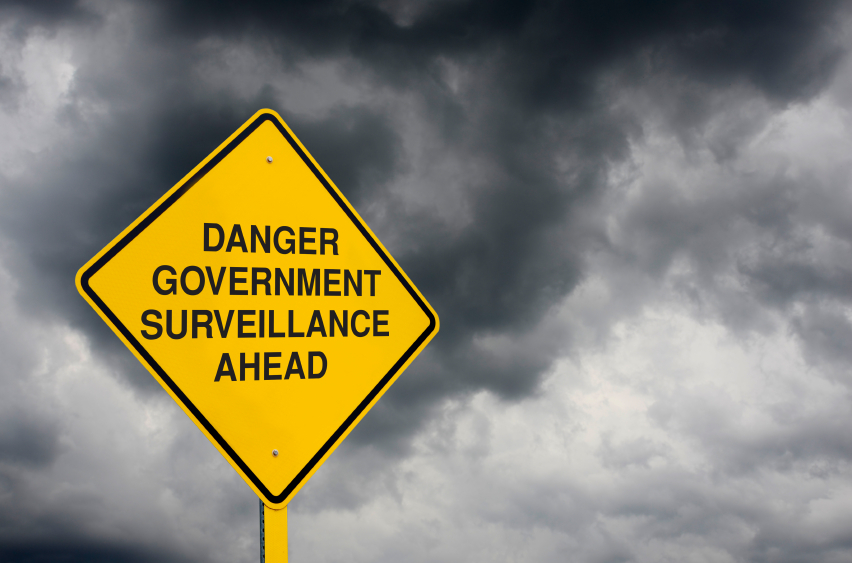Privacy
Big Brother’s Still Watching
Big Brother’s Still Watching
But mass surveillance is being reined in a bit,
technology companies are fighting for our privacy
by Ken Martin
© The Austin Bulldog 2015
Posted Monday, October 5, 2015 3:13pm
 It happened yet again. This time hackers accessedthe computer system of credit reporting agency Experian and stole personal information about some 15 million T-Mobile wireless customers and potential customers, The New York Times reported October 1. The information stolen from Experian servers included social security numbers, home addresses, birthdates and more.
It happened yet again. This time hackers accessedthe computer system of credit reporting agency Experian and stole personal information about some 15 million T-Mobile wireless customers and potential customers, The New York Times reported October 1. The information stolen from Experian servers included social security numbers, home addresses, birthdates and more.
As if to underline the topic’s importance, news of this latest data breach broke the day after the American Civil Liberties Union of Texas hosted its Privacy and Technology Conference at The University of Texas at Austin. The conference featured ACLU experts from Washington, D.C., and New York City, faculty from UT San Antonio and Texas A&M, the Electronic Frontier Foundation, the Texas Electronic Privacy Coalition, and private companies engaged in providing encryption (Merlin Cryption) and preventing computer fraud (ZapFraud).
While some of the speakers talked about our vulnerability to nefarious parties who seek to wreak havoc or make money by hacking the kind of personal information lost in the Experian breach, others talked about another kind of vulnerability: the loss of privacy through mass surveillance conducted by our own government.
The shift to mass surveillance
Patient Privacy Sacrificed as State Agency Sells Data
State Agency Sells or Gives Away Data
Technology Used by For-Profit Companies
Strips Away Inadequate Layers of Security
Investigative Report by Suzanne Batchelor
© The Austin Bulldog 2010
Maybe you, like so many others, couldn't get away on vacation this summer. Never mind. If you were a patient in a Texas hospital in the past ten years, the intimate details of your hospital stay made the trip for you. This could be your souvenir: “My hospital story went to Colorado, Arizona, California, New Jersey, Ohio, Tennessee, Washington, D.C., Dallas, Texas, and maybe my employer, and all I got was—heck, not even a T-shirt.”
Let’s say your spouse suffered a heart attack three years ago, was successfully treated at a Texas hospital, and today gratefully eats a Mediterranean diet. You might be surprised to learn that the intimate details of that hospital stay—not just the diagnosis, surgeries, and who paid the bill, but your spouse’s date of birth, gender, and address—were sold by the Texas Department of State Health Services (DSHS). The detailed story of that hospital stay now sits in computers across the country.
The data about hospital inpatients that DSHS collects and distributes is invaluable in public-health and medical research, such as a study of children with asthma in the Rio Grande Valley. But just as often it is non-physicians who use, sell, and re-sell hospital-patient data again and again, generating profit and imperiling personal privacy.
The same patient-data files are sold or given to trade groups, lobbyists, businesses, and even anonymous downloaders. All without your consent.







